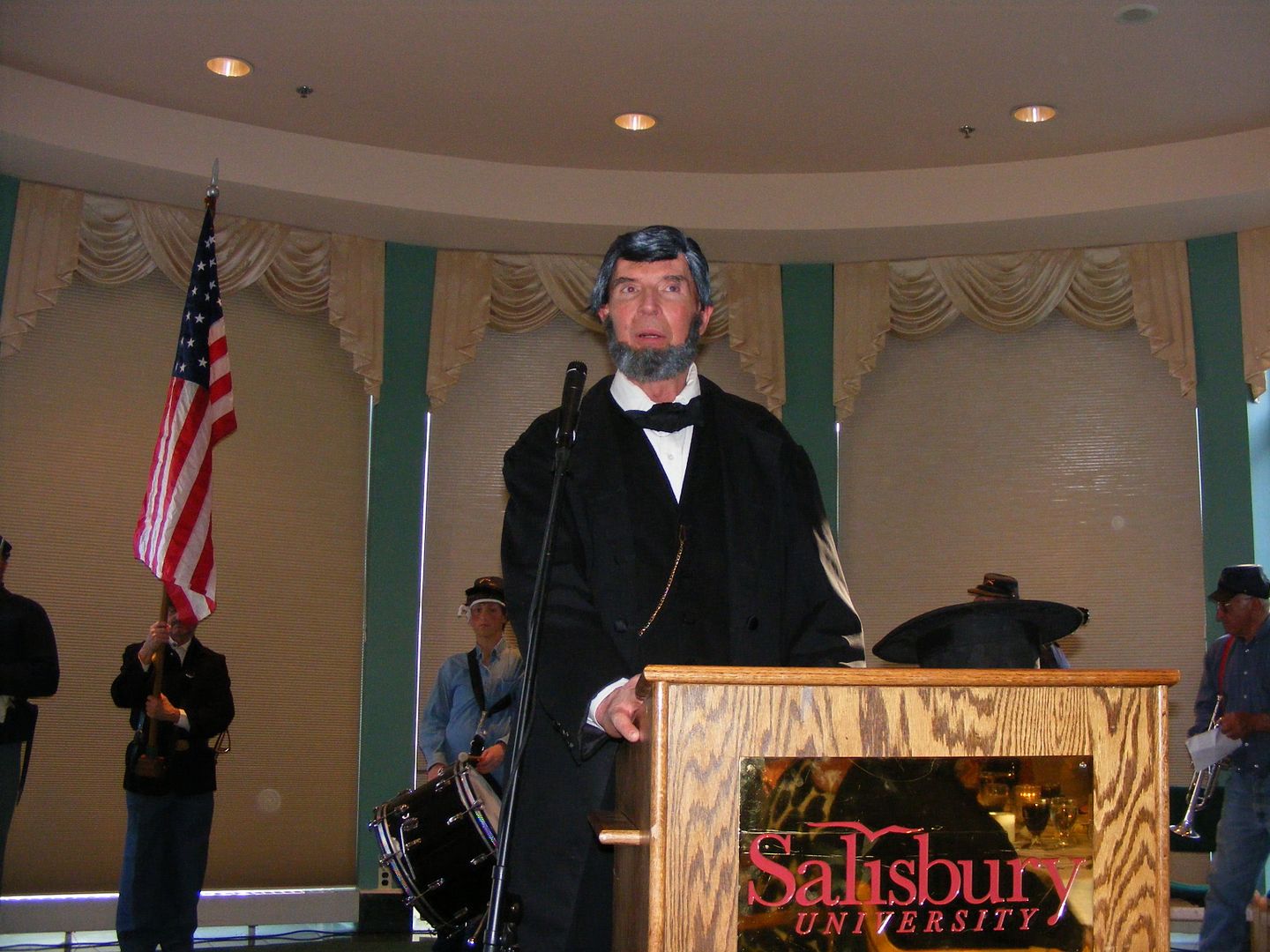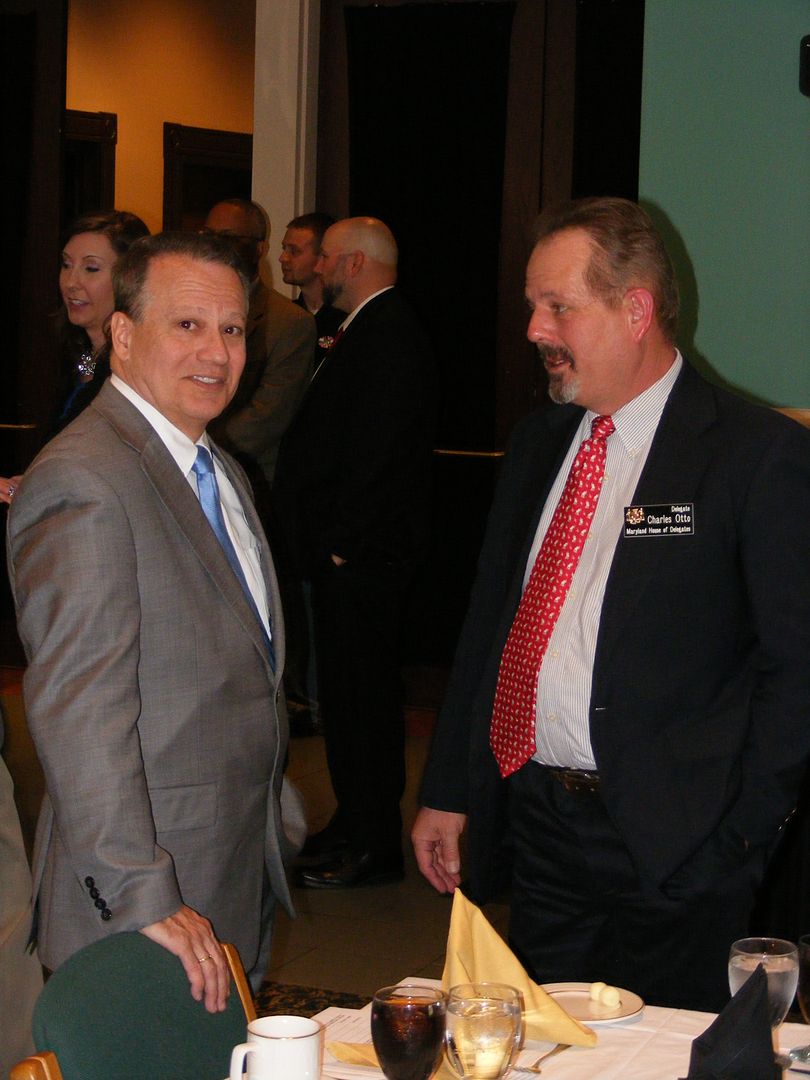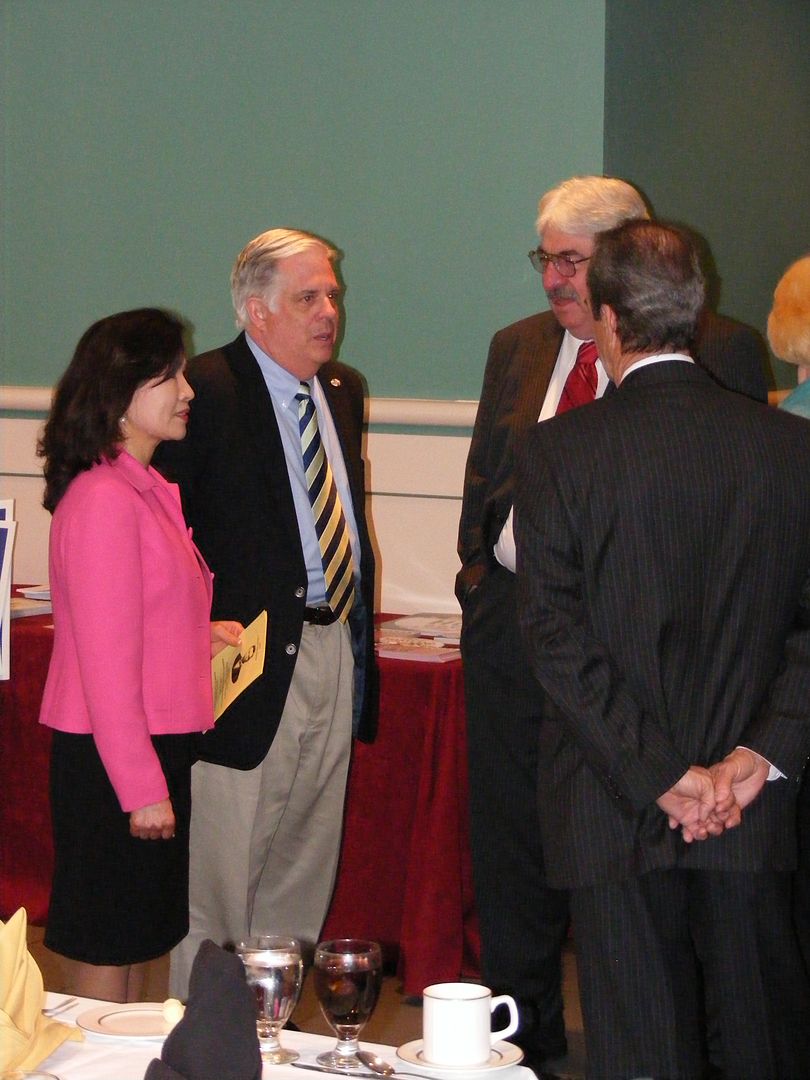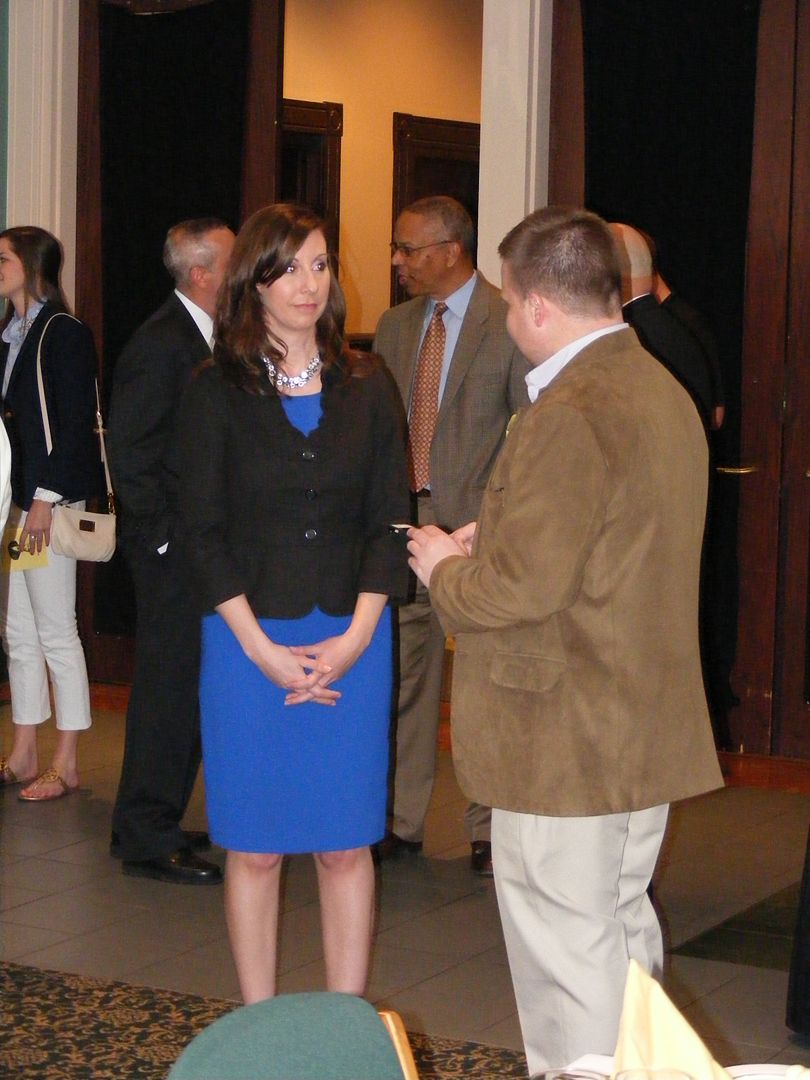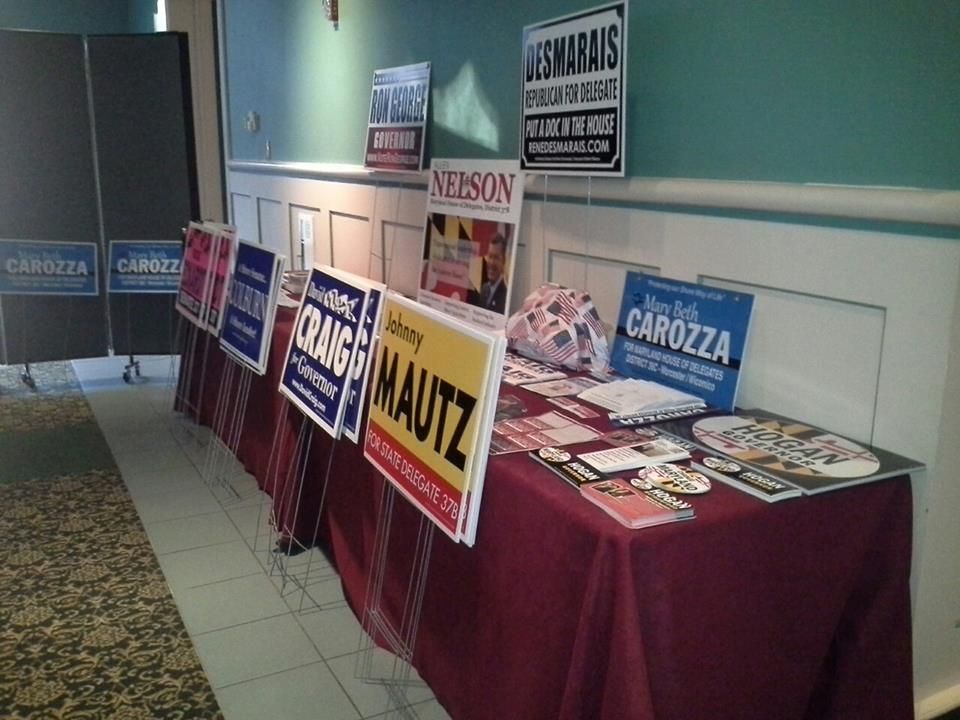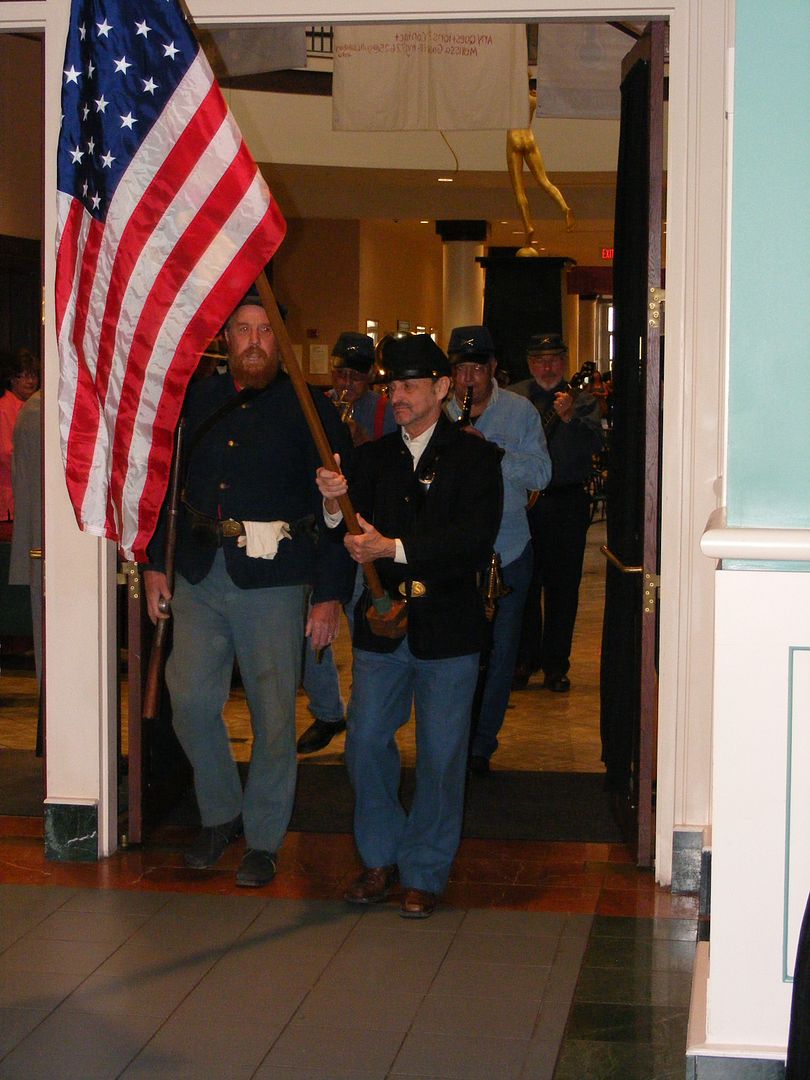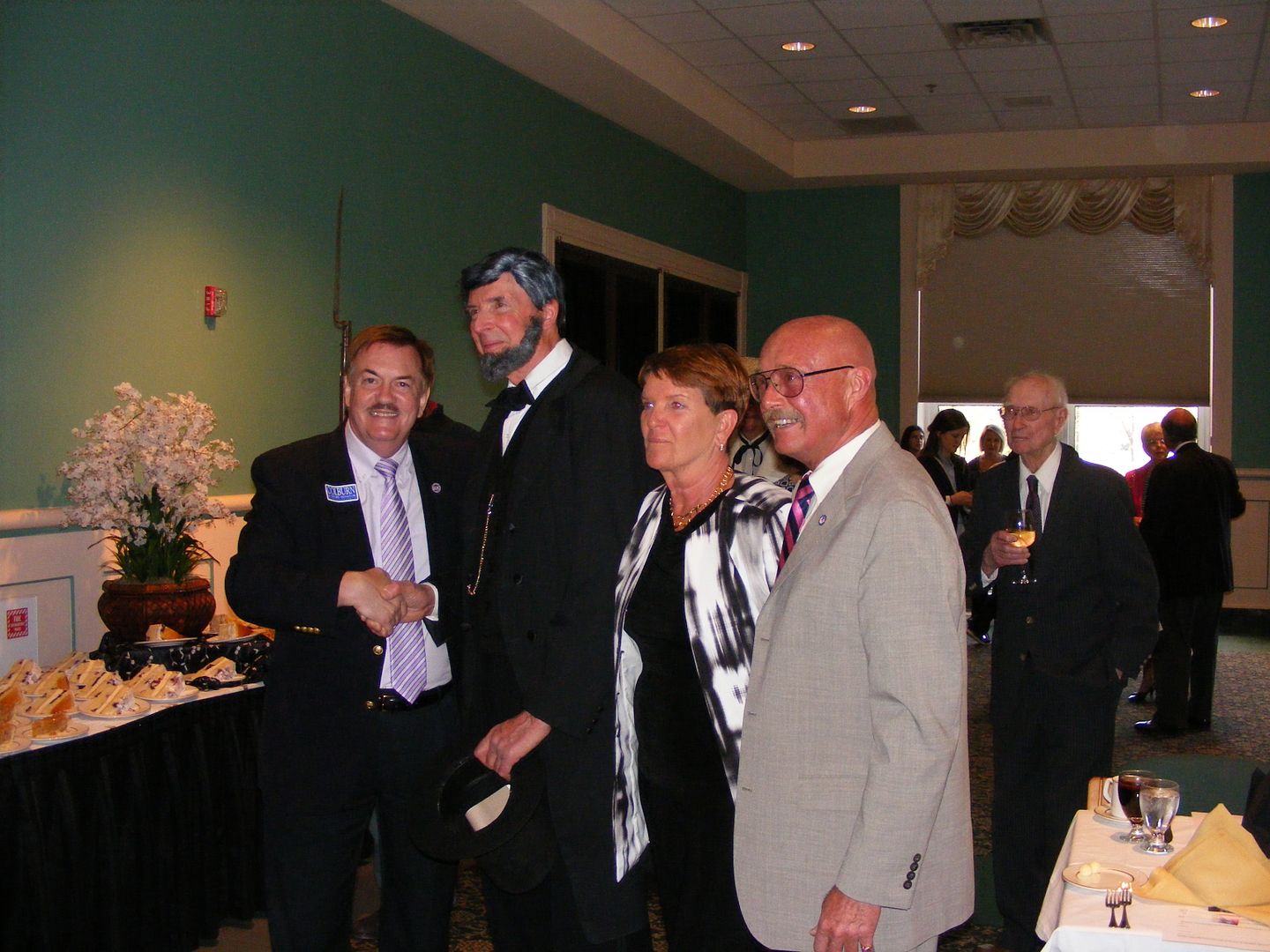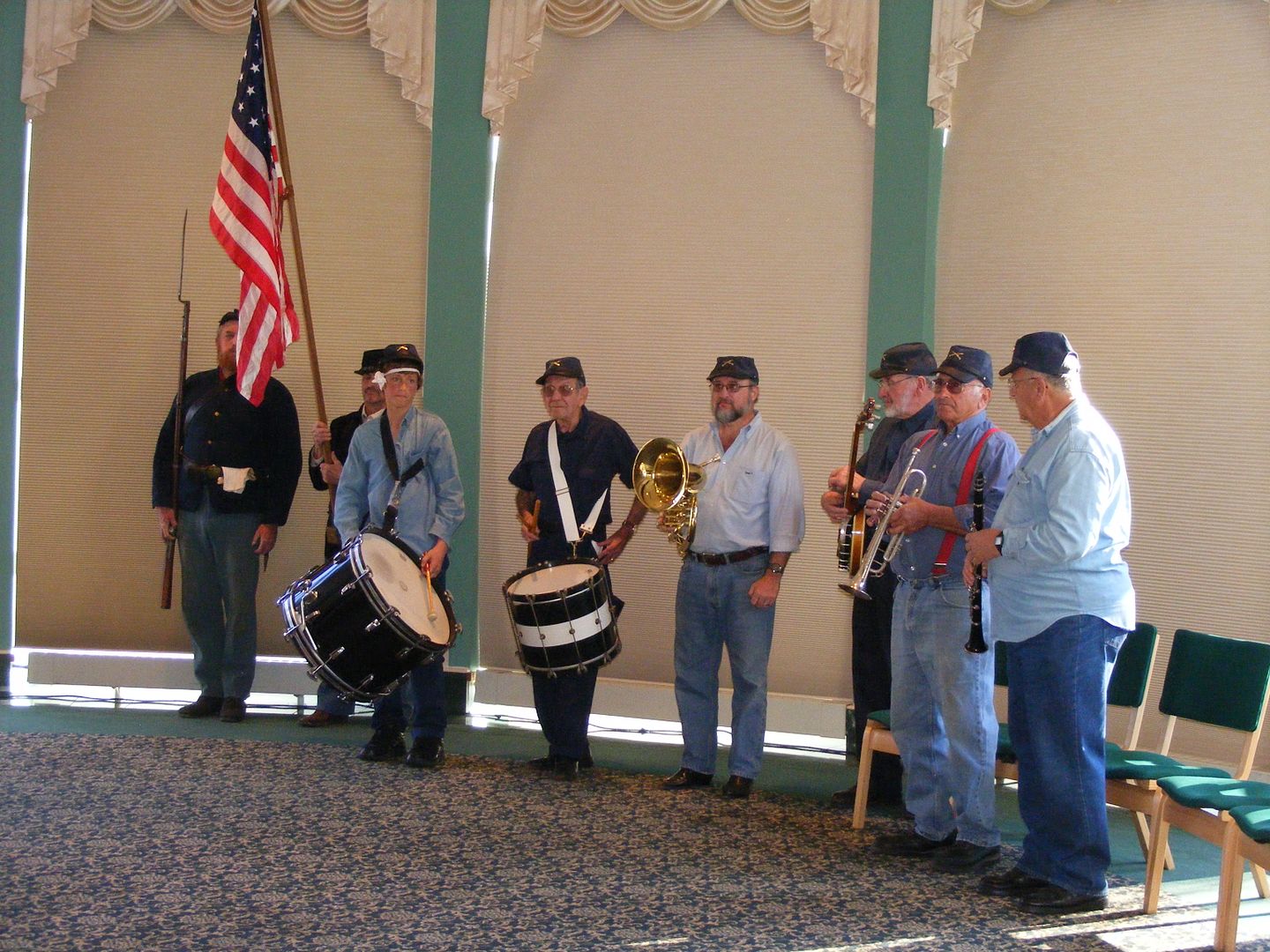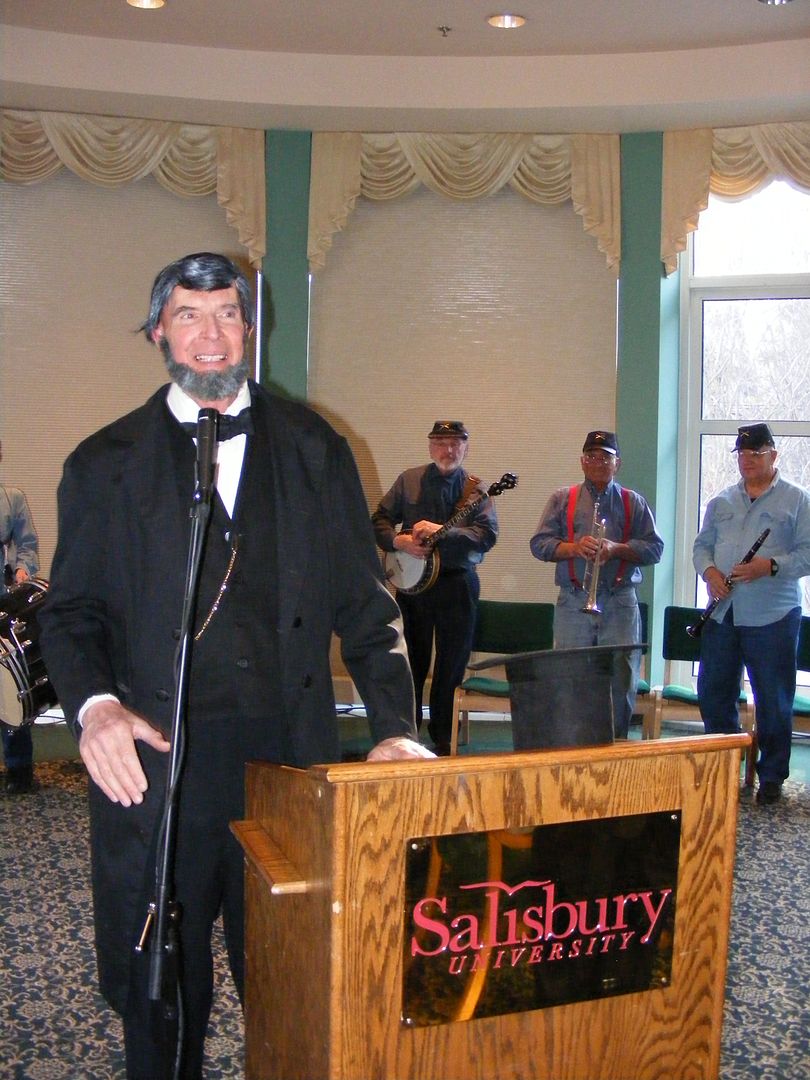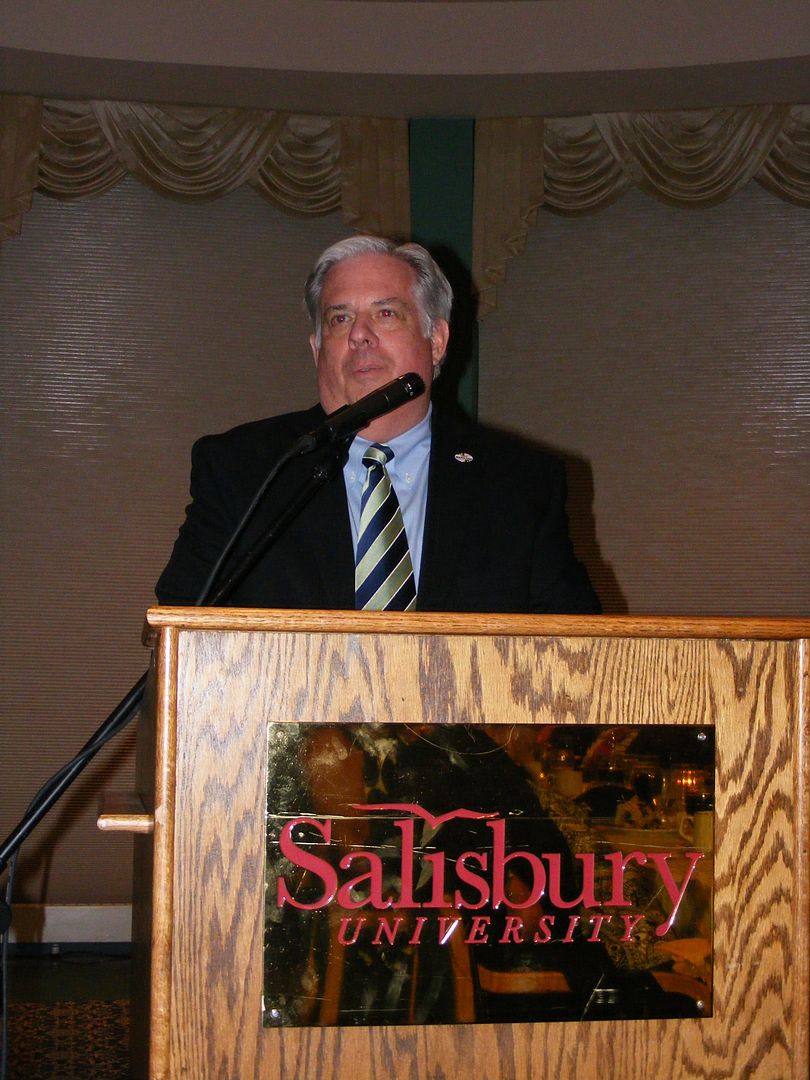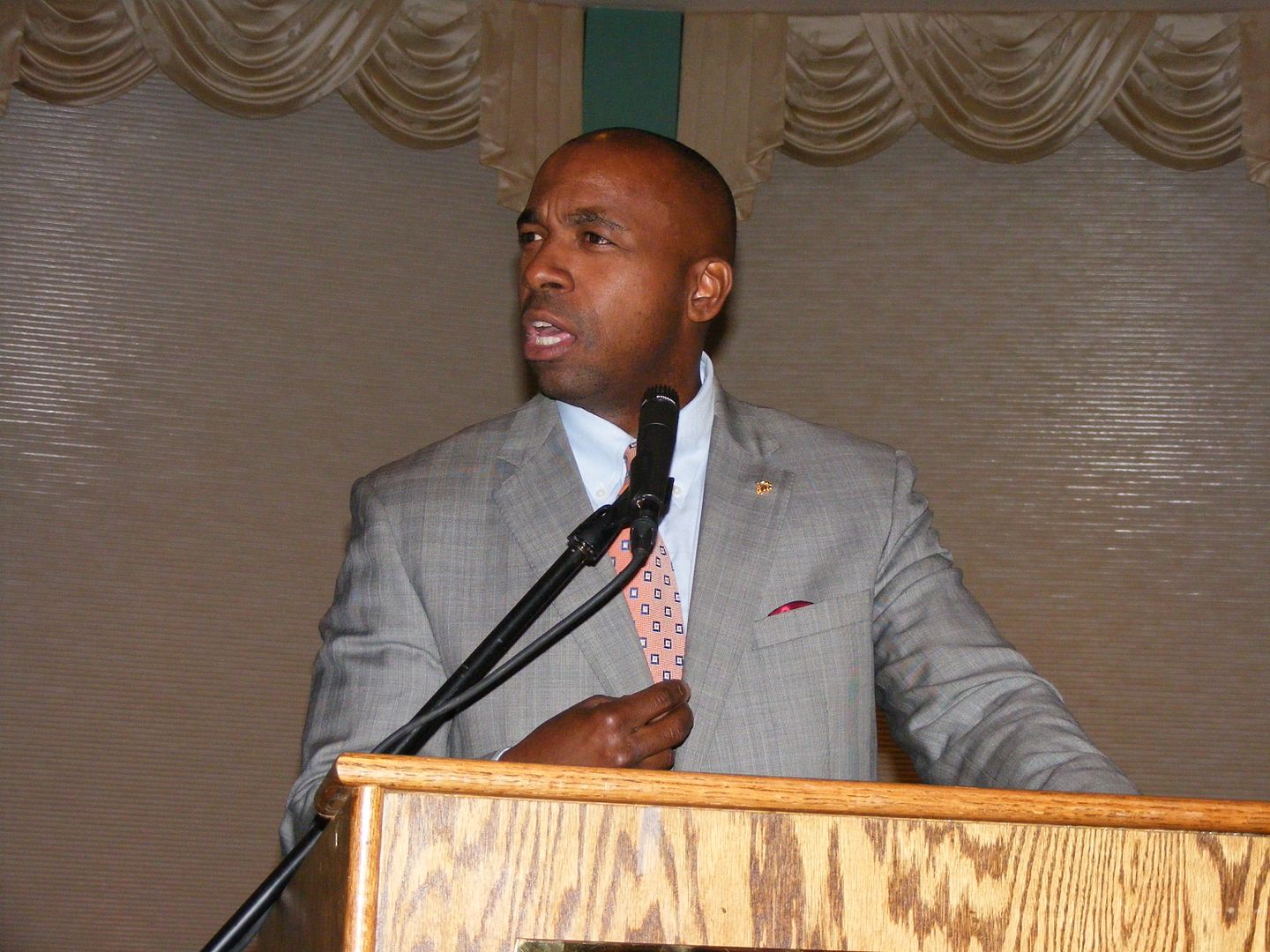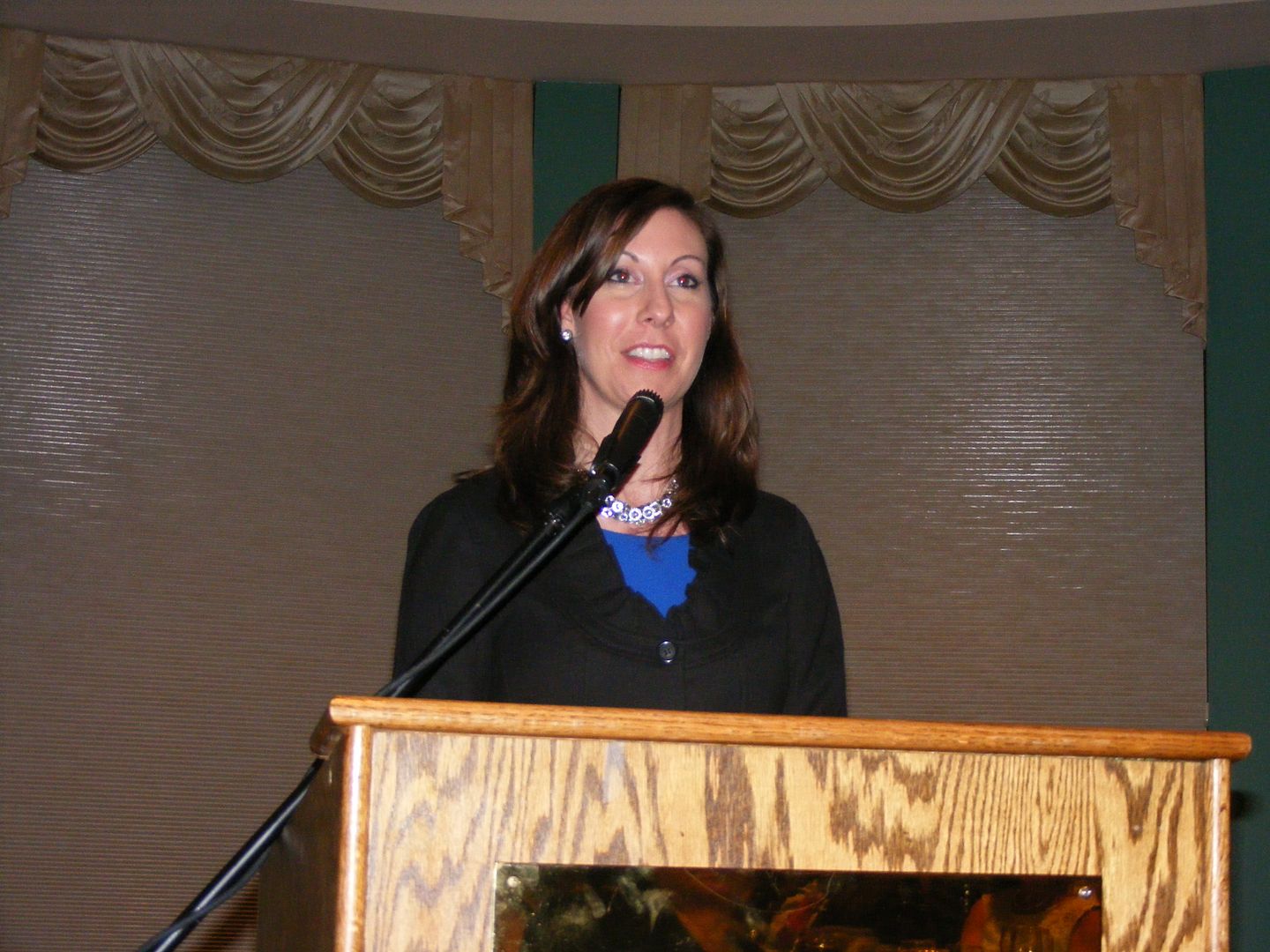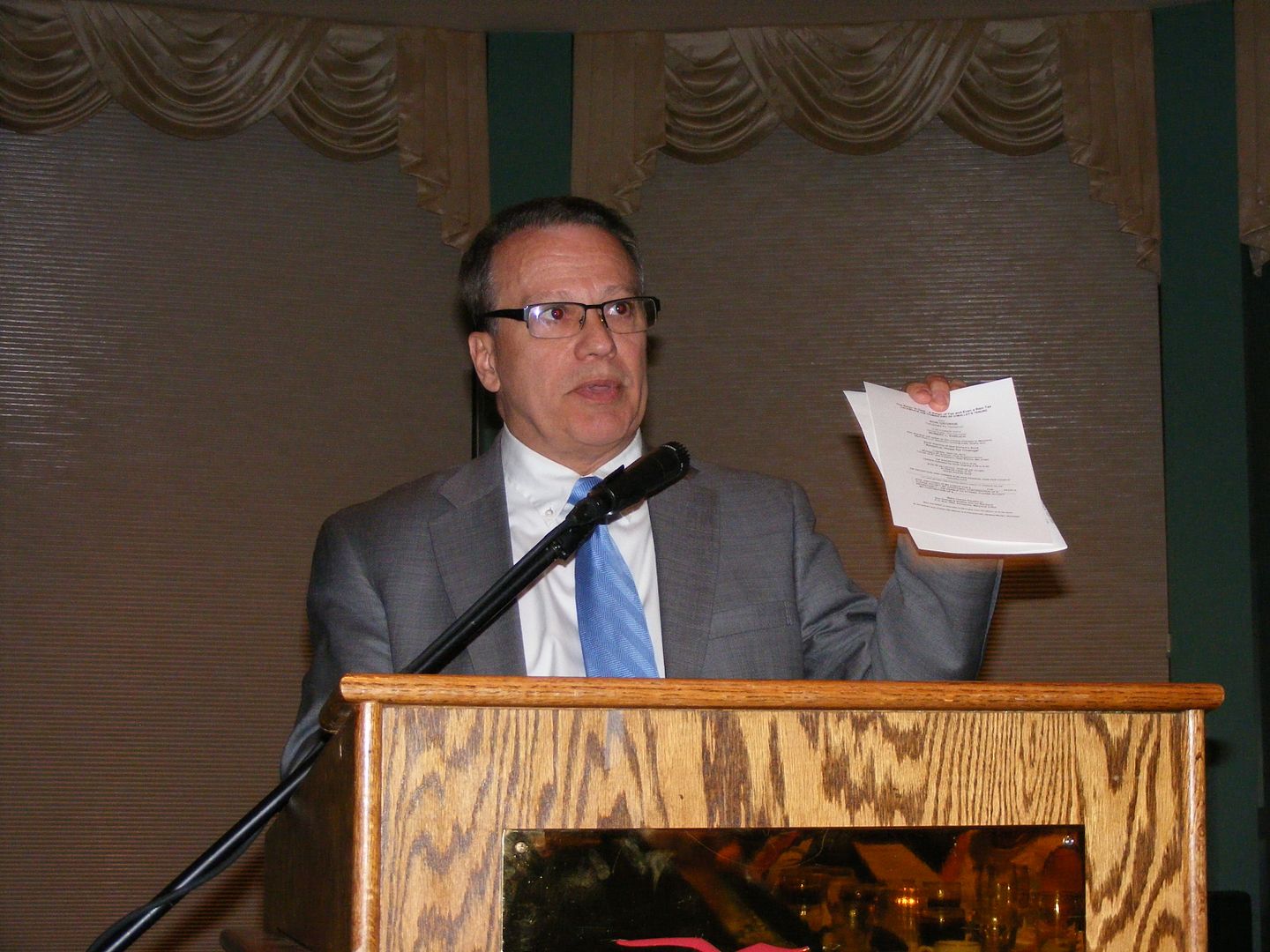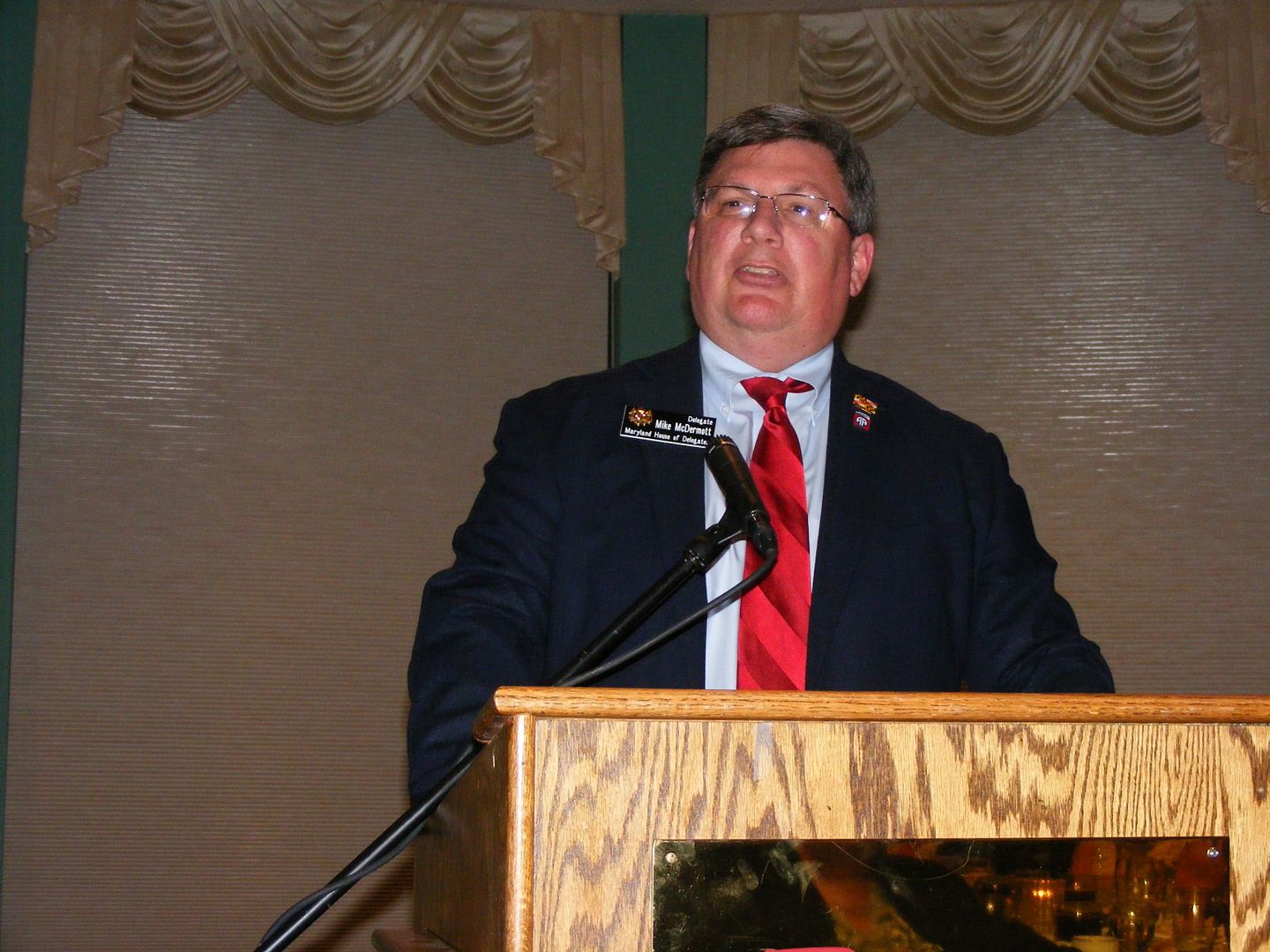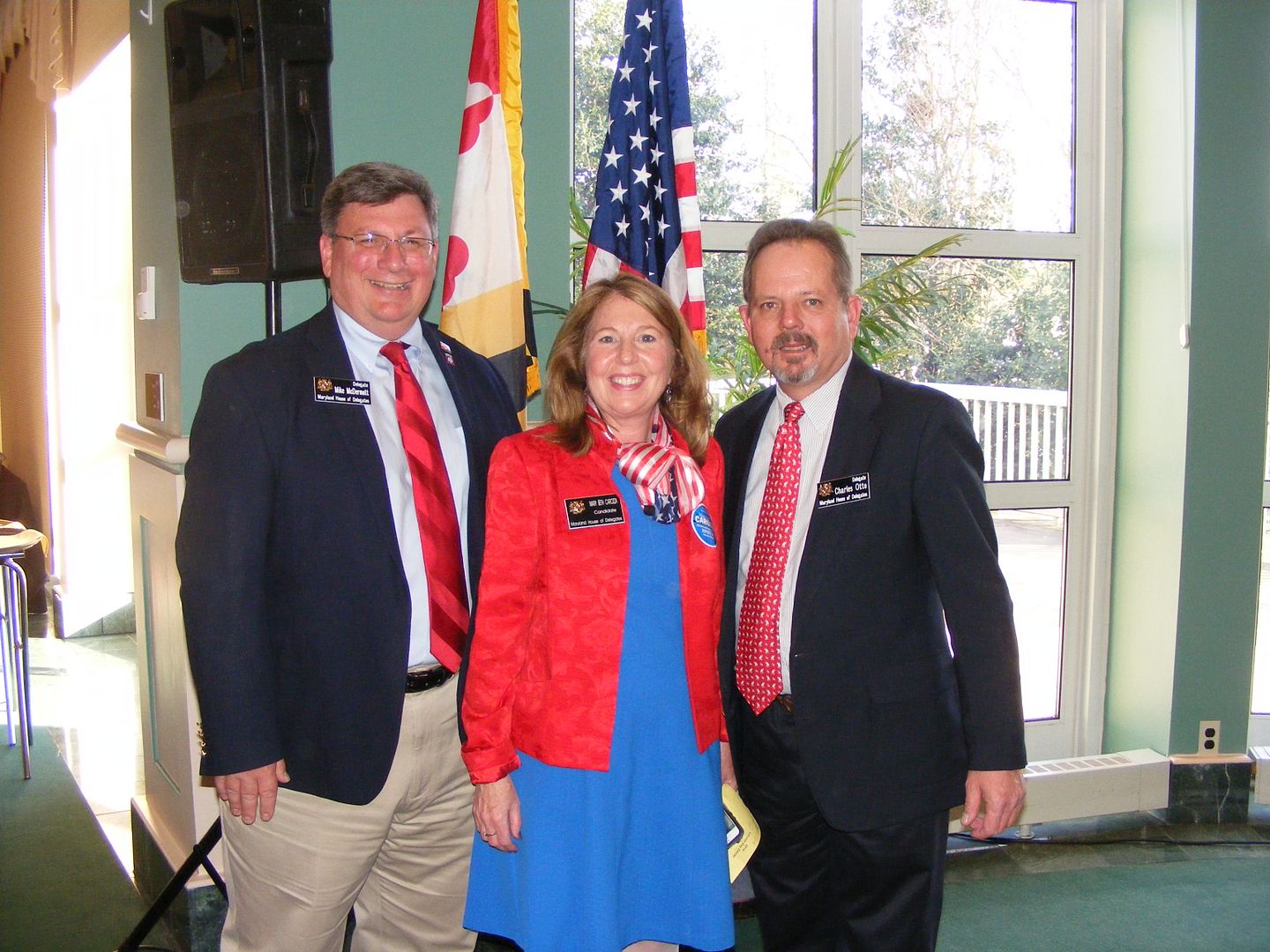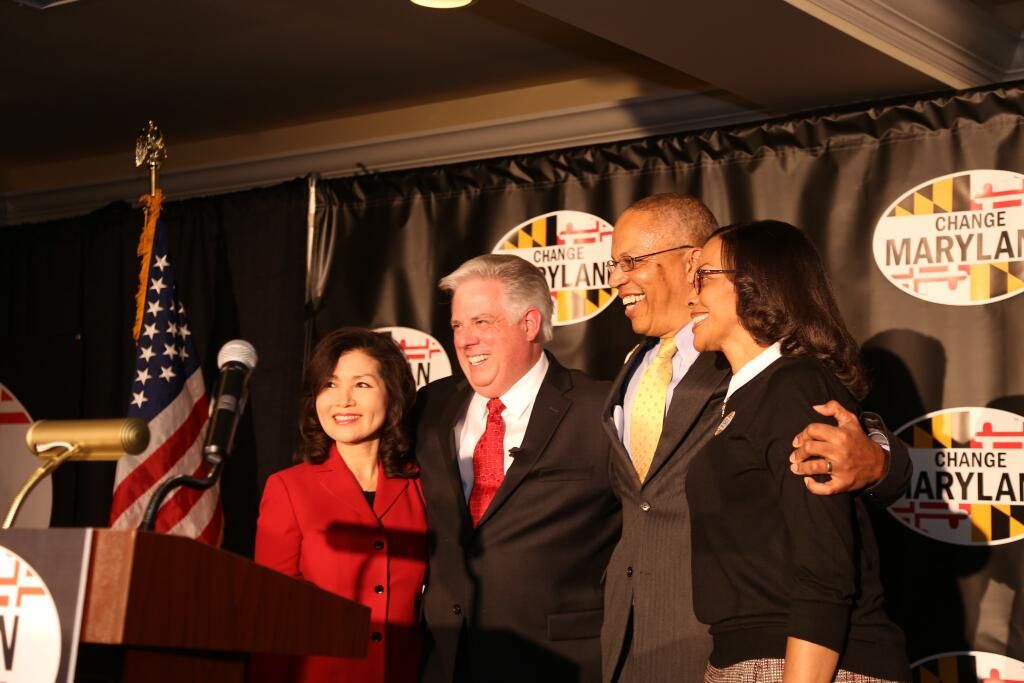Finally we have arrived at the end – well, sort of, as I’ll explain.
Basically what this part is about are those other issues which don’t rise to the level of a full portion of this vetting, but I think are worth mentioning. Unique among the sub-portions of my evaluation is that I can add or subtract up to three points in this section, so it makes a pretty good difference. Another difference is in format, as I will respond to each point in turn.
**********
David Craig: I will fully fund Program Open Space, stop raiding the funds and stop spending the money on pork barrel projects like artificial turf fields for high school sports stadiums. (campaign website)
Sorry, David, I can’t support this. Program Open Space is a great way for the state to take up more land it doesn’t need at a loss to both the local entity the parcel is part of (via lowered taxable area) and remaining taxpayers who take up the slack. If anything, Program Open Space should be defunded and excess state property returned to the private sector. Bob Ehrlich tried this and was pilloried, but the concept was sound.
*
When queried about social issues, particularly being pro-life, Craig related that he didn’t push the issue with his children, but was pleased that they turned out as pro-life as they did. David also pointed out that he voted in a pro-life fashion during his time in the General Assembly. But he would rather have 5 million Marylanders decide than 188 in the General Assembly. Jeannie echoed the overall stance, adding for her part she was “conservative, Christian, pro-life.” (WCRC meeting, July 22, 2013)
Being pro-life isn’t as much of a litmus test for me as it is some others, but I brought it up because I thought it was important.
*
While on Steiner’s show, Craig sidestepped a question about whether he would have vetoed a bill passed last year legalizing same-sex marriage.
He noted that as county executive, he has rarely used his veto powers and said that he thought it was good for Marylanders to have a chance to vote on the measure.
The marriage law was petitioned to the ballot by opponents after O’Malley signed it last year.
“I think it’s important that the people of Maryland spoke on that,” Craig said.
He also took issue with the state’s repeal of the death penalty, which he said prosecutors see as important tool. (Washington Post, May 31, 2013)
Here is a place where I disagree with the philosophy of Craig.
If you’re going to make a stand on an issue, it’s entirely appropriate to use the veto pen. If he wouldn’t have vetoed the bill, I’m led to assume he supports it. By the same token, where was he in supporting the death penalty when something could have been done? This could have gone to referendum but the effort died.
I’m fine with civil unions, but not gay marriage. Yes, it’s more or less a question of semantics but to me marriage between opposite genders is an apple and a union between those of the same gender is an orange. They shouldn’t share the same term. Just because the slim majority of voters supported it on a day when disillusioned conservatives stayed home because they didn’t care for their presidential nominee doesn’t mean it’s really settled. What if there had been a special election on the matter – would conservatives have been the ones to show up and vote it down?
Furthermore. I pointed out when the bill passed committee that legislators may not have wanted it on the ballot with them in 2014.
There’s a reason we have 188 legislators to represent 5 (actually 6) million Marylanders. If they do their job wrong, it’s up to you to correct it, not leaving it to the whims of 5 million Marylanders. That referendum backstop is for the times when the General Assembly gets it egregiously wrong with the governor’s approval, such as gay marriage.
Ron George: Demanding the highest standards of ethics and conduct creating a government that is more responsive to individuals regardless of income or party affiliation.
Require the automatic forfeiture of retirement benefits for any elected official that is convicted of abusing their office for political gain.
Reforming our prisons to make them true rehabilitation facilities with drug and alcohol rehab, education and financial literacy courses.
Create and enforce drug free zones around community recreation centers, schools and public housing with stiffer penalties. (campaign site)
I can live with points one and two, but the third and fourth points seem to work at cross purposes with each other. Not only will it cost a lot more to run our prison system if the additional features are included, the additional drug penalties will create more inmates. The more I see the effect of the so-called War on Drugs, the more I tend to favor decriminalization, if not legalization.
*
“Don’t believe a Republican can’t get anything done,” George said. “People think the enemy is the Democratic Party. It’s not. It’s apathy.”
He added that in a legislature controlled by Democrats, it is important for Republicans to not be ambitious. George said Democratic lawmakers will kill Republican legislation that they like, only to then introduce and pass a near-identical version with their own names on it. He added that it’s happened to him several times, and said he still would testify in favor of the bills if he supported them.
“It doesn’t matter if your name is on the bill or not. I don’t care,” George said. (SoMdNews, June 26, 2013)
To me, that doesn’t exactly scream Reaganesque leadership. If something is a good idea, we should be ambitious about it; after all – to use a recent news headline – if a small fraction of the population can get a television show cancelled, a tireless minority can turn this state around as well with the proper inspired leadership.
*
“I bristle at how much partisanship gets in the way of getting things done,” George said. “I have no problem working with people.” (Washington Post, June 5, 2013)
Then you should be ambitious about attaining your goals. Seize the bully pulpit and make the public demand the opposition fall in behind you.
*
“I never ran to the middle,” Ron reminded us, “I spoke to the middle.” (WCRC meeting, September 23, 2013)
In other words, you brought the other side to you. Now I definitely disagree with some of the ways you accomplished this – particularly the “Green Elephant” phase of your first term – but at least you have some street cred to use for better purposes.
*
And the outcry for Dwyer’s resignation is strong – particularly from fellow Anne Arundel County Delegate and gubernatorial candidate Ron George, who advised, “out of concern for others who could be harmed and for Don Dwyer himself, I call on him to resign and get help. His constituents deserve good representation.” (monoblogue, August 21, 2013)
Since Dwyer wasn’t convicted of a crime which requires his dismissal from the General Assembly, I have to disagree. The voters of his district will probably speak just as loudly and have a more final decision.
Charles Lollar: Charles Lollar believes in human dignity and recognizes the importance of religious freedom to the people of Maryland. The State of Maryland was founded to enable its settlers to practice their religion free of government interference. It is our heritage and Maryland’s gift to the nation. (campaign website)
I have a little trouble reconciling that statement with the one in the second part below about not running to be a priest.
*
“It’s a tragedy what partisan politics is doing to this country.” (appearance at Mike Blizzard fundraiser, September 16, 2013)
This is a favorite straw man to burn. There’s a distinction between partisan politics based on principles and partisanship based on power. The debates of old between Republicans and Democrats centered on the former, but Maryland as a one-party state for so many decades is an example of the latter, where politicians join the Democratic machime to help themselves and not their fellow man.
*
“I’m not running to be your priest. I’m running to be your governor.”
“I think that every Marylander should have the right to be with whomever they want to be with….I don’t think government should be involved in marriage at all – that’s not government’s business.”
“I’m not going to propose any legislation centered around marriage; that’s not my job…nor would I lead a charge to change what the people have already done.”
“The people of the state have already voted to pass the law.”
“I am an advocate of helping organizations that help women sustain their lives…What I would not fund is money to provide an abortion.” (blogger interview, June 24, 2013)
I guess I have a problem with this picking and choosing which laws to advocate, unless the idea is to disengage entirely from all these personal decisions, which is a very libertarian approach. If government shouldn’t be in the arena of marriage, then I suppose we can bring back common law marriage. Moreover, there is also the aspect of taxation based in large part on deductions married couples are allowed to take, child custody, and many other issues where government has involvement in marriage. Do those go away as well?
I also have an issue with the lame excuse “the people of the state have already voted to pass the law.” That doesn’t stop activist courts from overturning a vote, which was done in California. Nor did it stop Obamacare, which the people didn’t want but Congress passed anyway. If you want the people to pass laws, then there should be a push to have citizen initiatives like other states do. Unfortunately, the masses aren’t always proven to be correct and we may rue the votes we took in 2012 a decade or two down the line.
*
“It’s very important that I’m non-partisan. We’re not going to win with Republican bully politics in this state. You’ve got some folks that want to win that way. We can’t win that way, we won’t win that way.” (interview, Raging Against the Rhetoric, July 2013)
*
He said he is frustrated with “the Republican brand,” but chose to run as a Republican because his character and ideals most align with that party, he said. (SoMdNews, November 1, 2013)
These two actually go well together, so I will comment on both at the same time.
The first step in winning any election in Maryland is to win your party’s nomination, and in Lollar’s case that is the GOP. We saw what happened the last time an unaffiliated candidate tried to win statewide – he spent a lot of money to get 15% of the vote, and 15 percent isn’t going to cut it.
So maybe this is reality according to Charles Lollar, but that’s not the way to get party activists on your side. Granted, there are many who are fed up with the GOP brand but that’s because they look for conservative principles while many among the party regulars believe the MDGOP should be a pale pink pastel in a deep blue state, so as not to offend anyone in the middle. All that does is disillusion the base, which is why we don’t always get better turnout than Democrats – something which we must have to succeed.
I don’t think Republican principles equate to “bully politics.”
**********
In looking at these various factors, I end up deducting a little bit of score from two of the three candidates. Ron George is pretty much a wash as far as I’m concerned.
David Craig ends up losing one point because he’s just not willing to lead on social issues, even a little. They’re not the most important issues, but damn it, take a stand.
I deducted the full three points from Charles Lollar; not only for the unwillingness to run as a Republican and falling into the “non-partisan politics” trap, but also for running an abysmal campaign which has squandered the good will of a lot of potential activists, made a lot of unforced errors (the lack of a website for over a week was fairly glaring), and exhibited a terrible lack of discipline among staffers and supporters. Some of these have been straightened out, but tremendous damage is done. It’s a shame because the presentation by the candidate is generally good, which is why I initially supported him.
But when I added up all of the totals, even without the three-point deduction, Lollar was trailing badly. At this point, the totals are as follows:
- Ron George, 61.5 points
- David Craig, 58 points
- Charles Lollar, 49.5 points
- Larry Hogan, 0 points
Frankly, none of these totals are all that great. I realize I’m a difficult taskmaster, but I would have hoped for at least a couple scores in the 70s. But as more and more is learned about the candidates and their positions – particularly on some of the more esoteric issues I used, like the impact of Obamacare – perhaps one or more will reach the 70 to 80 point range and I can get behind him. At this time, I can’t be like the folks at Red Maryland and do the Larry Hogan pig in a poke. I tried that once already and was disappointed.
What I think I will do instead is make this an ongoing process. I really didn’t mean for this to be a one-shot deal as I have done before because I suspect the race will be in flux for awhile yet. Moreover, I’m not convinced I’ll see four main contenders on the June ballot, just like Blaine Young’s exit from the race after Charles Lollar got in. Sooner or later, once Larry Hogan gets in someone probably has to get out because there’s only so much money out there.
So I want to revisit the process around the first of February, the first of April, and the beginning of June. This way I can review what the candidates have said over the preceding 60 days or so and adjust accordingly. I might like a lot of what Larry Hogan says and it may vault him into the lead, or Lollar could stage a comeback with some subtle policy changes. It seems fair to all, and there’s no real rush for a monoblogue endorsement.
Put me down as still undecided.


